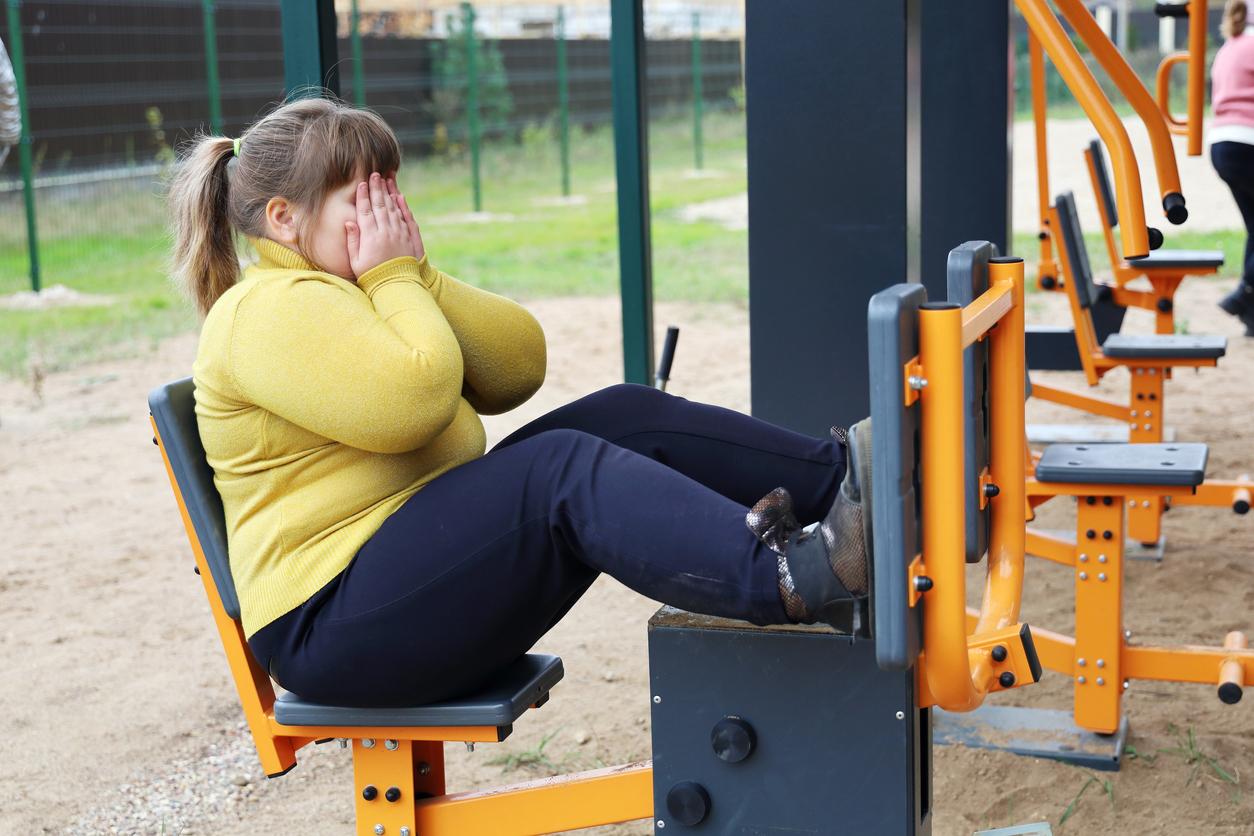Cut the day in half
After a few days or a few weeks of excitement at the idea of going to school like a grown-up with his pretty satchel, the toddler begins to drag his feet. Refuses to get up in the morning, suffers from stomach aches, stamps. Eventually resigns himself to follow his parents on the paths of knowledge but, in the corridors of the kindergarten, it is the great scene of despair.
Reassure your child that you will pick him up “at mother’s time”. But it is sometimes this remote time that poses a problem. Some young children cannot stand the continuous day in the community and need a family break at lunchtime, at least with a nanny if both parents are working and cannot recover it. It is then necessary to try to find a solution near the school, sometimes with a mother of the class who picks up her child at noon and could take care of yours for a small expense.
Meet his teacher
Speak with his teacher to identify the problem: is he well integrated, is he fulfilled in class, what happens at recess?
At the same time, we try to find out more by talking with our toddler about his classmates, what he likes at school, what he hates. Reading stories with him on this theme sometimes frees up our toddler’s speech. In the event of verbal or physical violence, exclusion or mockery, it is imperative to seek the arbitration of the teacher and the headteacher.
When the toddler’s anxiety persists, it is not useless to seek the help of the school psychologist. Or a town shrink. By playing and talking with the child, this professional will be able to identify the problem, reassure the toddler and above all help us not to give in to pressure.
Talk to the doctor
School refusal is rare in primary school, but has tended to increase in recent years. Symptom of a child lacking bearings, this dropout can reflect private suffering following the separation of parents or the death of a loved one, a tense family situation due to illness or unemployment, being the consequence of a difficulty of integration and affirmation in the face of mocking or even violent comrades. Or indicate difficulty in meeting scoring requirements.
Do not hesitate to consult your doctor in case of frequent somatic disorders. Anxiety disorders such as separation anxiety, fear of a friend, of the canteen, of mockery can go unnoticed for a long time because their onset is generally gradual. Early detection allows multidisciplinary care, between the doctor, the school or city psychologist, the teachers and the parents in order to identify the causes and remedy them.
Release the pressure
Take an interest in your child’s work by consulting his progress notebook, helping him with his homework, but this should not become a moment of tension. If the child has difficulty understanding addition, games will help him to concretize the abstract. By cooking, we learn to count (ingredients, cooking time…), by playing with little horses too.
We can facilitate learning to read with word games (boggle and scrabble junior) and memorization with memories. It is important not to dramatize a bad grade. Only the attitude (willingness or laziness) towards work should be rewarded or sanctioned, provided that the requirements are adapted to the age of the child: two hours of homework in the evening in CE1, is that really reasonable?
No truancy
Even if he cries, shouts, stamps his feet… still force him to go to school because allowing the child to stay at home, even for a day or two, with video games available in company of the cat or the dog and the neighbor who passes to see if all is well, is not a solution. It is to install your child in his refusal and it will be all the more difficult to dislodge him.
With the collaboration of Dr Marie-France Le Heuzey, psychiatrist, author of School Phobia, ed. Josette Lyon and Pr Marie-Christine Mouren, child psychiatrist, author of Depression in children, ed. Documenta Geigy


















